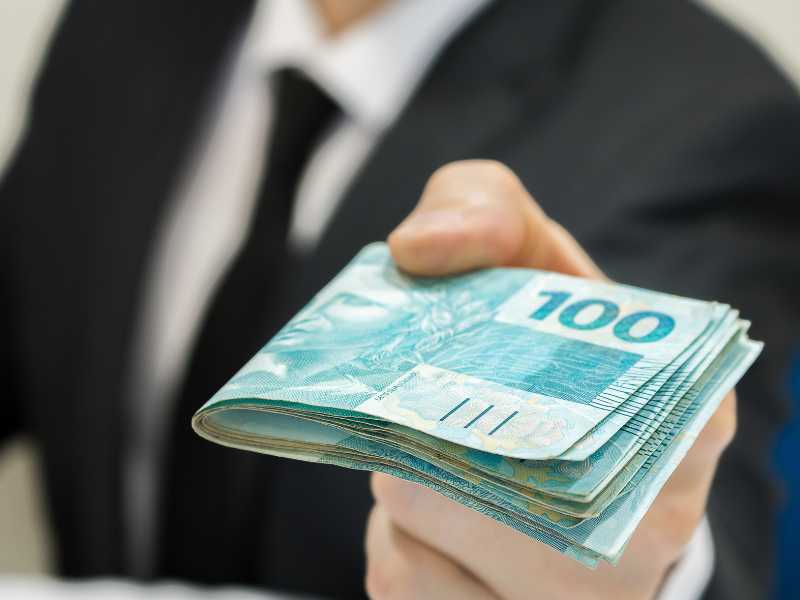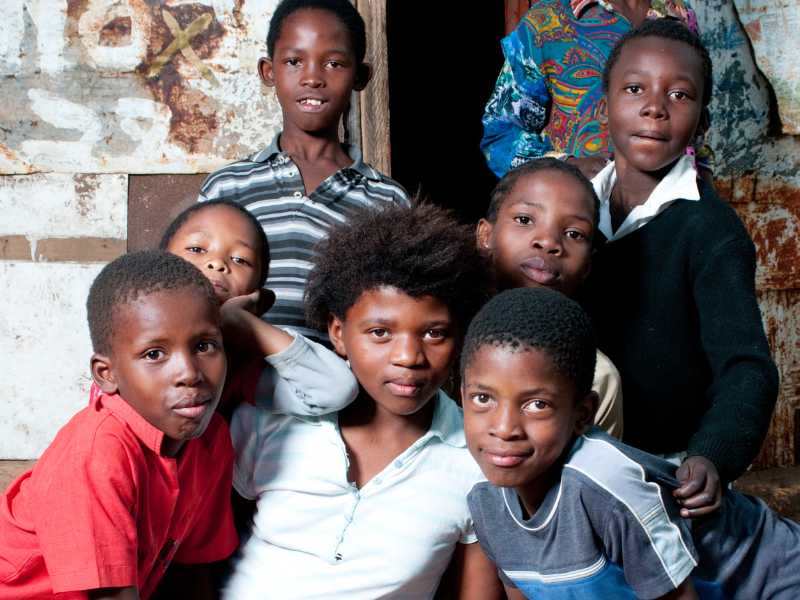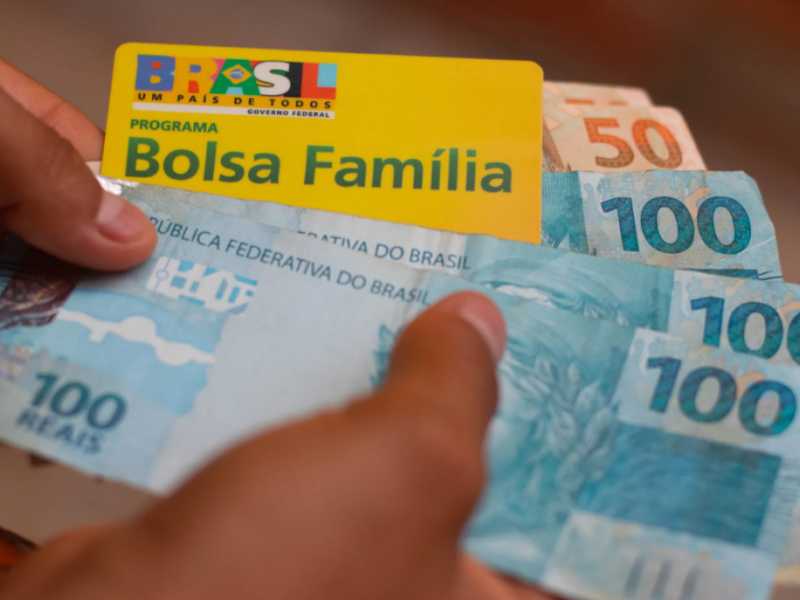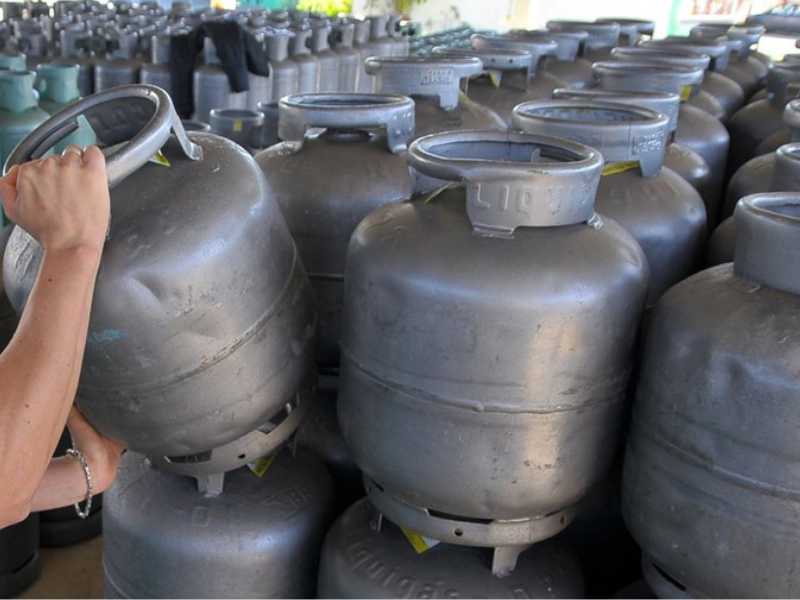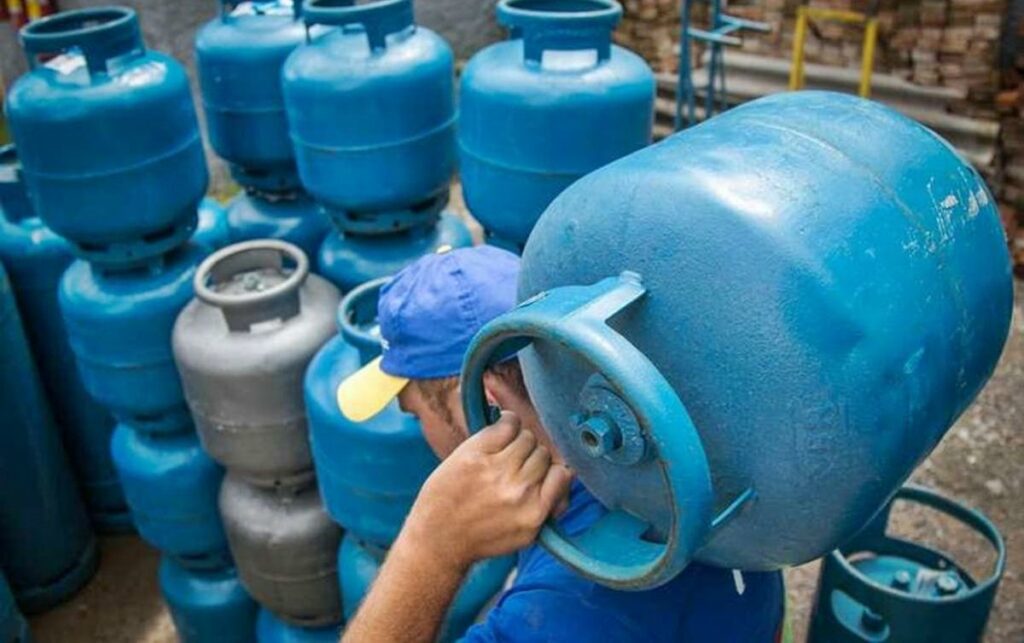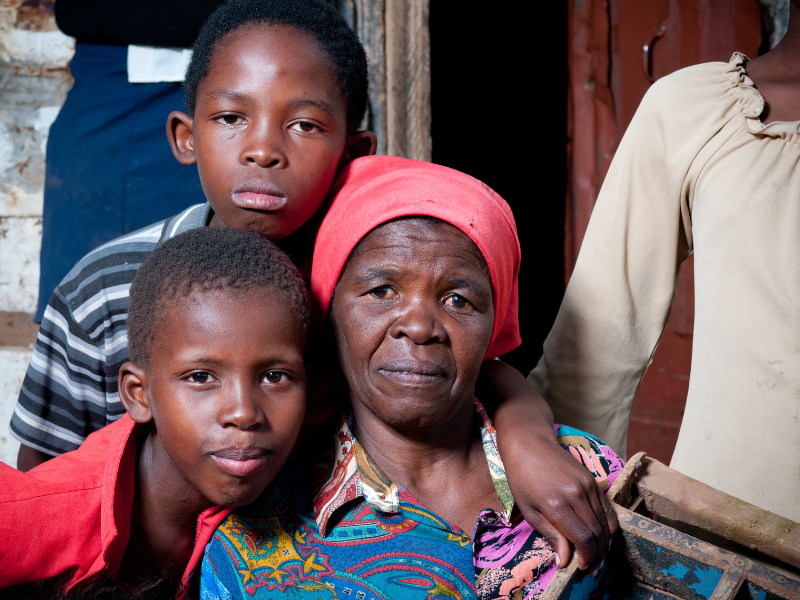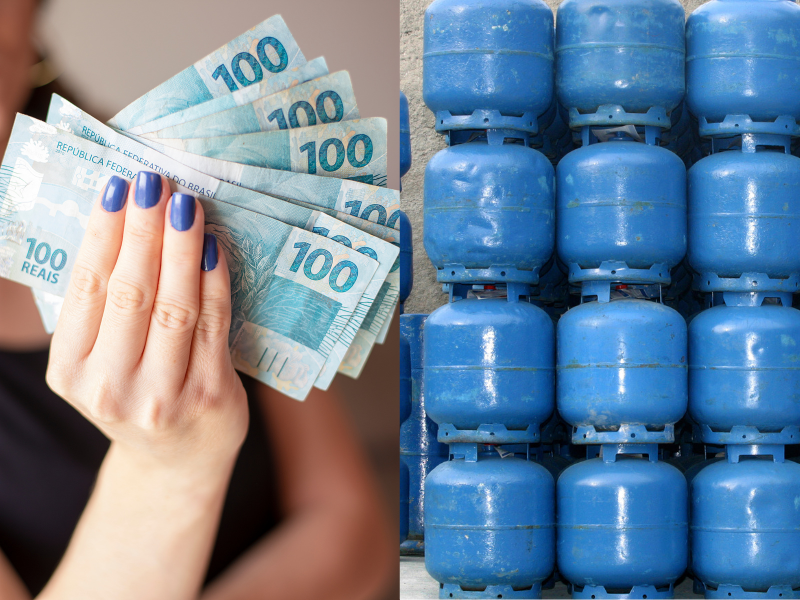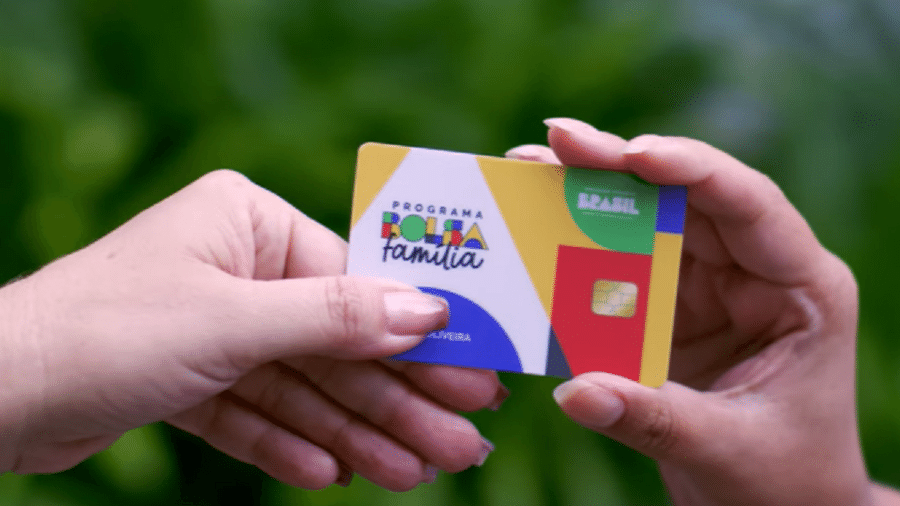Advertisements
ICMS is the acronym for Tax on Circulation of Goods and Services, a state tax present throughout the Brazilian territory.
Esse imposto é cobrado sobre a movimentação de mercadorias, tanto físicas como digitais, e sobre a prestação de serviços. Ele é considerado uma das principais fontes de arrecadação dos estados e do Distrito Federal.
Importance of ICMS
The importance of ICMS for the national economy is undeniable. This tax accounts for a large part of the states' revenue, allowing them to invest in infrastructure, health, education and public safety, in addition to financing their social programs.
Advertisements
Without ICMS, states would have great difficulty maintaining their services and investing in improvements for the population.
Impact on the consumer
However, ICMS also has a significant impact on Brazilians' pockets. This is because this tax is passed on to the final price of products and services, meaning that it is the consumer who bears the cost of paying it.
Advertisements
As each state has its own ICMS tax rate, this generates a variation in the value of products according to the region. As per the table below:
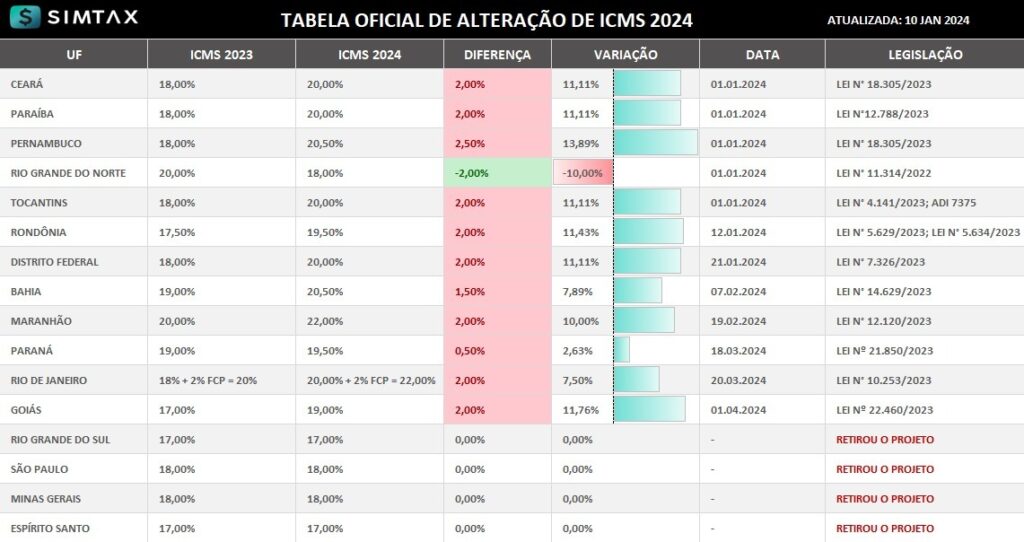
A practical example of this influence of ICMS on Brazilians' pockets is the case of fuel. The value of ICMS on gasoline can vary from one state to another, which explains the difference in prices found at gas stations in different regions of the country.
Furthermore, this tax also applies to electricity, cooking gas, food products, among others.
As a result, consumers end up paying more for products and services due to ICMS rates.
This can have a direct impact on quality of life, especially for low-income Brazilians, who have fewer resources to deal with constant increases in product prices.
The complexity of the Brazilian tax system, combined with the high tax burden, means that ICMS is just one of the many taxes that impact the pockets of Brazilians.
However, its scope and importance for the national economy make it a central element in the discussion about the need for tax reform in the country.
Image: Canva / Editing: Roberta de Oliveira
